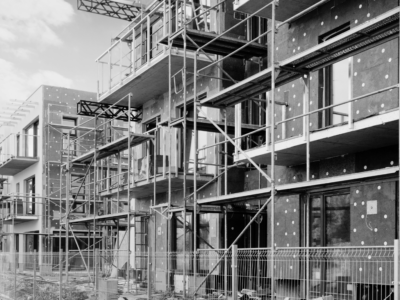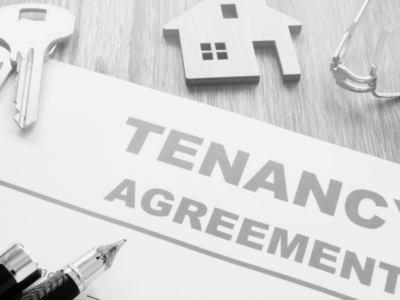Many office landlords are feeling the consequences – namely, weakened revenue streams – that have arisen as a result of significant change across commercial real estate.
From evolving working patterns and business workspace requirements to sky high inflation and interest rates, many external influences have rocked the sector.
Indeed, new data from BNP Paribas shows that, on average, London office values have dropped 17% since summer 2022, having fallen in each of the past five quarters.
Meanwhile, interest rates have driven up debt repayments, resulting in lower valuations.
Occupancy rates are another key concern, with once-reliable revenue streams weakened by soaring vacancy rates for traditional office spaces.
On the other hand, businesses’ changing office requirements as they move towards hybrid working and away from lengthy leases fuels the demand for flexible workspaces.
Despite these challenging conditions, boosting revenues and property is entirely possible.
However, it will rest upon whether landlords proactively listen to their tenants, both prospective and current, to determine what action needs to be taken.
What can be done to amplify revenues and valuations?
There are multiple avenues office landlords could explore that would allow them to best align their offerings with current market demands.
One area where improvement is key is implementing innovative tech solutions into office spaces.
Solutions that optimise and enrich the tenant experience are particularly highly in demand, for example reliable, high-speed internet and community management apps that facilitate connectivity.
Embedding such technology not only gives landlords’ workspaces a competitive edge over others amid a turbulent market, it also provides strong justification for charging tenants revenue-boosting premium rental rates. Moreover, it is near certain that high-level upgrades to infrastructure would be reflected in the property valuation.
Another profitable area where landlords could look to invest is mixed-use developments.
We can look to Amsterdam’s new Republica development as an example.
Drawing inspiration from the ground-breaking ‘15-minute-city urban planning theory, the site hosts a range of retail, residential, and recreational spaces, combined with three flexible workspaces that will be operated by infinitSpace.
Such developments create a vibrant hub, with the variety of facilities cultivating a rich tenant experience and strong community feel and providing landlords with a greater number of diverse revenue streams.
The introduction of high-quality facilities also has the power to make certain neighbourhoods more desirable, producing favourable outcomes for property values.
Finally, introducing elements of flexible workspace into a landlord’s property portfolio can have profoundly positive results in terms of boosting revenues and valuations alike.
The boom in demand has created bountiful opportunities upon which landlords can capitalise by converting existing office and other commercial spaces into flexible workspace.
Optimising pre-existing properties through redevelopment, and diversifying commercial buildings in this way is a potent method of bolstering revenue sources.
For one, revenue streams are made securely robust; risk is dispersed across several smaller businesses as opposed to a handful of larger ones.
Indeed, the adaptability of flex space makes it an attractive proposition for budding entrepreneurs, SMEs and large organisations alike, creating pathways to whole new markets for some landlords.
Although the time and monetary investment of transforming to a workspace may trigger reluctance in landlords to make the switch, the transition can be easily managed by working with a flexible workspace provider, who can manage all stages of the project from conception and development to the eventual operation in a cost- and time-efficient manner.
Times are tough – nonetheless, success in office real estate is still well within reach for landlords.
It is vital that they carefully consider how best to respond to market demands, whether that be by incorporating modern tech solutions into office infrastructure or diversifying revenue streams through investment flexible workspaces and mixed-used developments.
Whichever path landlords choose, acting with a proactive mindset will enable them to reap the rewards of a sector ripe for change.






















Comments